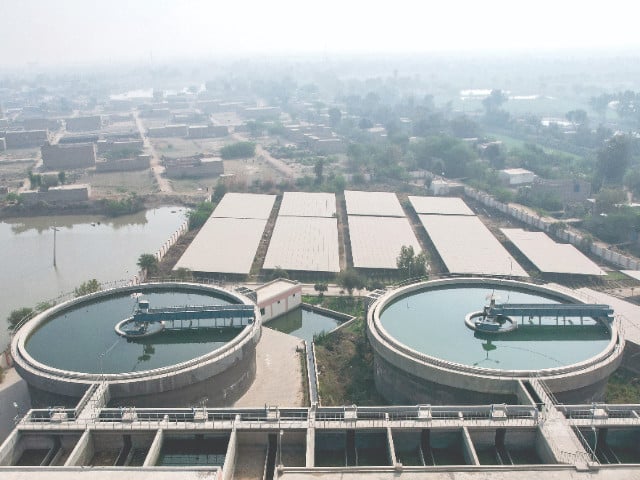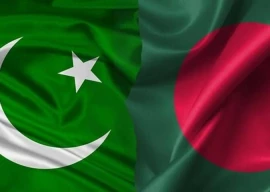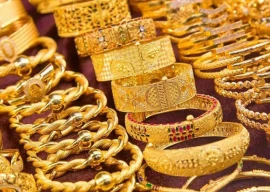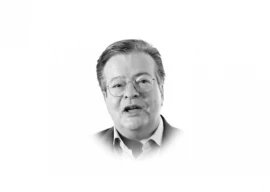
In one of the world's hottest cities, fresh and filtered water can quench the searing onslaught of climate change - but US President Donald Trump's foreign aid freeze threatens its vital supply, an NGO says.
Pakistan's sun-parched Jacobabad city in southern Sindh province sometimes surpasses 50 degrees Celsius (122 degrees Fahrenheit) in increasing heatwaves causing critical health problems like dehydration and heat-stroke.
In 2012, USAID committed a $66 million grant to uplift Sindh's municipal services, including the flagship renovation of a plant pumping and purifying water from a canal 22 kilometres (14 miles) away.
But Pakistani non-profit HANDS says Trump's aid embargo has blocked $1.5 million earmarked to make the scheme viable in the long-term, putting the project at risk "within a few months".
"This has transformed our lives," 25-year-old Tufail Ahmed told AFP in Jacobabad, where wintertime temperatures are already forecast to pass 30C next week.
"If the water supply is cut off it will be very difficult for us," he added. "Survival will be challenging, as water is the most essential thing for life."
Between September and mid-January Sindh saw rainfall 52 percent below average according to the Pakistan Meteorological Department, with "moderate drought" predicted in the coming months.
Heatwaves are becoming hotter, longer and more frequent due to climate change, scientists say.
The project pipes in 1.5 million gallons (5.7 million litres) daily and serves about 350,000 people in Jacobabad, HANDS says -- a city where grinding poverty is commonplace.
HANDS said it discovered Trump's 90-day freeze on foreign assistance through media reports with no prior warning.
"Since everything is just suspended we have to withdraw our staff and we have to withdraw all services for this water project," HANDS CEO Shaikh Tanveer Ahmed told AFP.
Forty-seven staff, including experts who manage the water purification and service the infrastructure, have been sent home.
The service will likely stop functioning "within the next few months", Ahmed predicted, and the project will be "a total failure" unless another funder steps in.
The scheme is currently in the hands of the local government who lack the technical or revenue collection expertise HANDS was developing to fund the supply from bill payments, rather than donations.
The international aid community has been in a tailspin over Trump's campaign to downsize or dismantle swathes of the US government - led by his top donor and the world's richest man Elon Musk.
The most concentrated fire has been on Washington's aid agency USAID, whose $42.8 billion budget represents 42 percent of humanitarian aid disbursed worldwide.
But it accounts for only between 0.7 and 1.4 percent of total US government spending in the last quarter century, according to the Pew Research Center.
Trump has claimed USAID is "run by radical lunatics" while Musk has described it as a "criminal organisation" needing to be put "through the woodchipper".
In Jacobabad, 47-year-old local social activist Abdul Ghani pleaded for its work to continue.
"If the supply is cut off it will severely affect the public," he said. "Poverty is widespread here and we cannot afford alternatives."
Residents complain the Jacobabad supply is patchy but still describe it as an invaluable service in a city where the alternative is buying water from private donkey-drawn tankers.
Eighteen-year-old student Noor Ahmed said before "our women had to walk for hours" to collect water.




1719211536-0/BeFunky-collage-(81)1719211536-0-165x106.webp)



















COMMENTS
Comments are moderated and generally will be posted if they are on-topic and not abusive.
For more information, please see our Comments FAQ